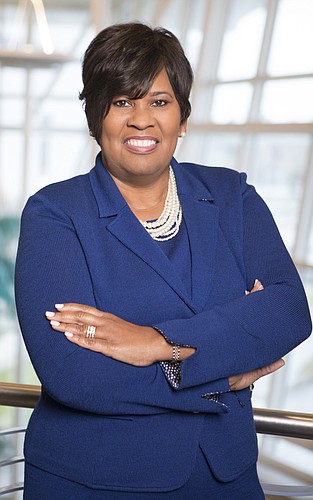- March 17, 2025
-
-
Loading

When Mike Meidel retired in April from his position as director of Pinellas County Economic Development, he left behind a county transformed. Having held the directorship since 2004, Meidel oversaw more than a decade of expansion and growth that saw St. Petersburg land on dozens of “best of” lists. Millennials and tech companies flocked to the city, as well as the county’s other municipalities, which benefited mightily from St. Pete’s turn in the spotlight.
Today, Pinellas ranks at or near the top in several statewide economic categories, including number of manufacturing, pharmaceutical and aerospace jobs, as well as dollar value of U.S. Dept. of Defense contracts.